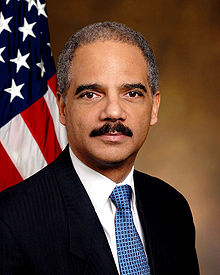Editorial note: John Harris has responded to this post to clarify his position on infanticide. You can find the relevant post here.
The Journal of Medical Ethics prepublished electronically an article by Alberto Giubilini and Francesca Minerva entitled “After-birth abortion: why should the baby live?”
This article has elicited personally abusive correspondence to the authors, threatening their lives and personal safety. The Journal has received a string abusive emails for its decision to publish this article. This abuse is typically anonymous.
I am not sure about the legality of publishing abusive threatening anonymous correspondence, so I won’t repeat it here. But fortunately there is plenty on the web to choose from. Here are some responses:
“These people are evil. Pure evil. That they feel safe in putting their twisted thoughts into words reveals how far we have fallen as a society.”
“Right now I think these two devils in human skin need to be delivered for immediate execution under their code of ‘after birth abortions’ they want to commit murder – that is all it is! MURDER!!!”
“I don‘t believe I’ve ever heard anything as vile as what these “people” are advocating. Truly, truly scary.”
“The fact that the Journal of Medical Ethics published this outrageous and immoral piece of work is even scarier”
(Comments selected from The Blaze, which features the article as a news item )
As Editor of the Journal, I would like to defend its publication. The arguments presented, in fact, are largely not new and have been presented repeatedly in the academic literature and public fora by the most eminent philosophers and bioethicists in the world, including Peter Singer, Michael Tooley and John Harris in defence of infanticide, which the authors call after-birth abortion.
Read More »“Liberals Are Disgusting”: In Defence of the Publication of “After-Birth Abortion”




